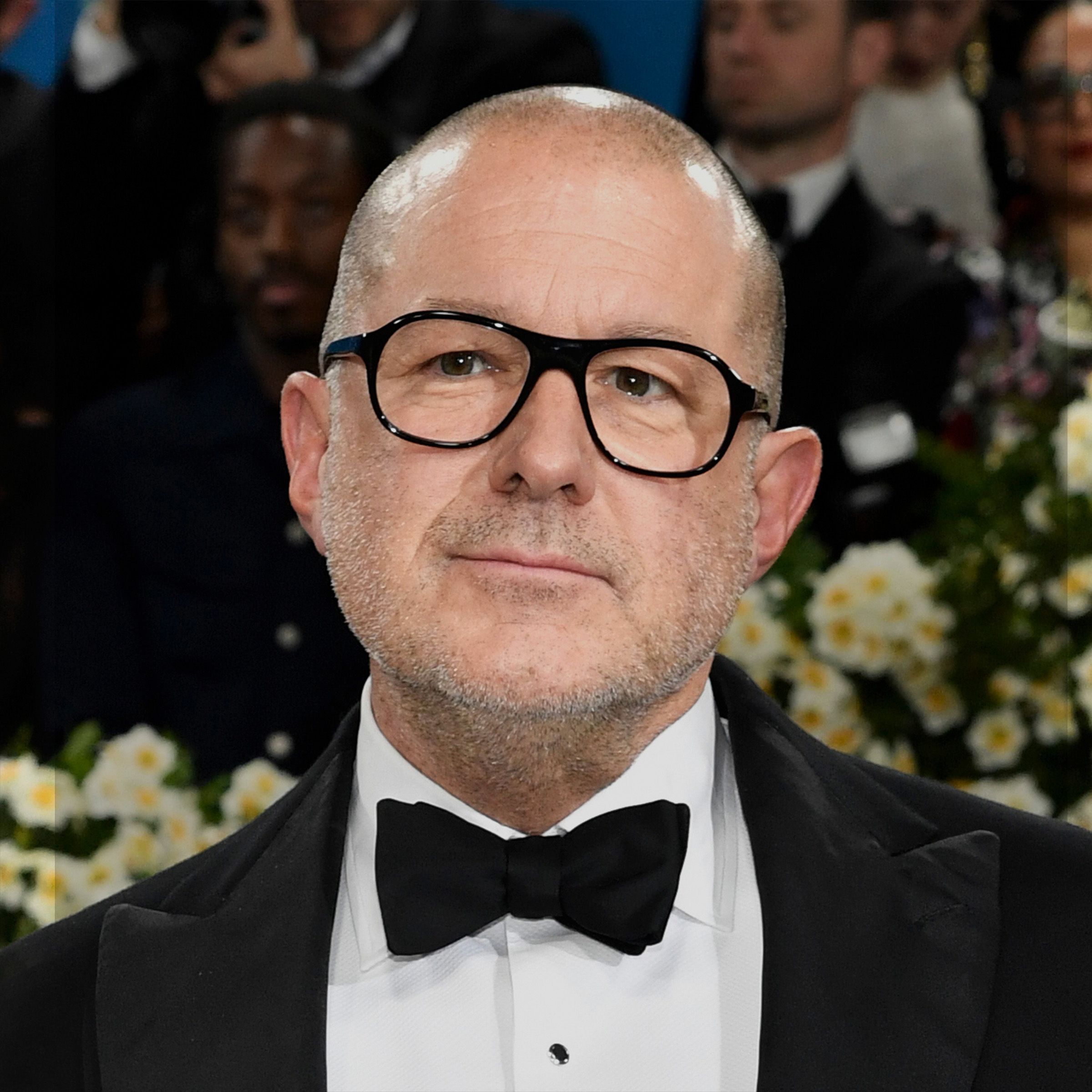At OpenAI’s developer conference in San Francisco on Monday, CEO Sam Altman and ex-Apple designer Jony Ive spoke in vague terms about the “family of devices” the pair are currently working to develop.
“As great as phones and computers are, there’s something new to do,” Altman said on stage with Ive. The duo confirmed that OpenAI is working on more than one hardware product but finer details, ranging from use cases to specifications, remain under wraps.
“Hardware is hard. Figuring out new computing form factors is hard,” said Altman in a media briefing earlier in the day. “I think we have a chance to do something amazing, but it will take a while.”
Ive said that his team has generated “15 to 20 really compelling product” ideas on the journey to find the right kind of hardware to focus the company’s efforts on.
“I don’t think we have an easy relationship with our technology at the moment,” said Ive. “Rather than seeing AI as an extension of those challenges, I see it very differently.” Ive explained that one reason he wanted to design an AI-powered device with OpenAI is to transform the relationship people currently have to the devices they use every day.
While Ive acknowledged the potential for AI to boost productivity, efficiency doesn’t appear to be his core goal with these devices. Rather, he hopes for them to bring more social good into the world. The devices should “make us happy, and fulfilled, and more peaceful, and less anxious, and less disconnected,” he said.
Earlier reporting indicated that OpenAI is planning to manufacture a new category of hardware that doesn’t resemble a phone or laptop. In a recent preview for OpenAI staff, Altman hinted that the product would be aware of a user’s surroundings and day-to-day experiences, according to The Wall Street Journal. The device might be screenless and rely on inputs from cameras and microphones.
OpenAI also hasn’t said publicly when it plans to launch the devices, though late 2026 may reportedly be the target launch, according to the Financial Times. The publication recently reported that development of the device has been stymied by technical issues.
Ive, who is known for the precise, minimalistic, and metallic aesthetic that distinguished Apple’s iPhones and MacBooks, officially began working with OpenAI last year when the AI startup and Ive’s design firm LoveFrom launched a joint project called Io. In May, OpenAI announced that it was buying Io outright, though Ive would remain independent.
“With the launch of ChatGPT, it felt like our purpose over the last six years became clear,” said Ive, talking about LoveFrom. “We were starting to develop some ideas for an interface based on the capabilities of the technology.”
Altman and Ive announced the acquisition of Io in a highly stylized video in which the duo talked about a new device that “completely captured our imagination,” without going into explicit details. Altman called it “the coolest piece of technology that the world will have ever seen.” Ive added that they were “literally on the brink of a new generation of technology that can make us our better selves.”
OpenAI is far from the only Silicon Valley giant trying to figure out the best way to package its AI software into consumer devices. Meta reported that it has sold roughly two million pairs of its AI smart glasses since 2023 and recently announced it would put out three new models. There are also a plethora of more unique or niche products, including the Friend necklace and fluffy AI-enabled pets.
Many of the first movers to enter the AI device field have faced challenges, if not outright flopped. WIRED had largely frustrating experiences last year with the Rabbit R1, a handheld AI assistant controlled using voice commands. The 2023 Humane Ai pin also received generally unfavorable feedback from users, and the devices were pulled from the market less than two years after they debuted.



